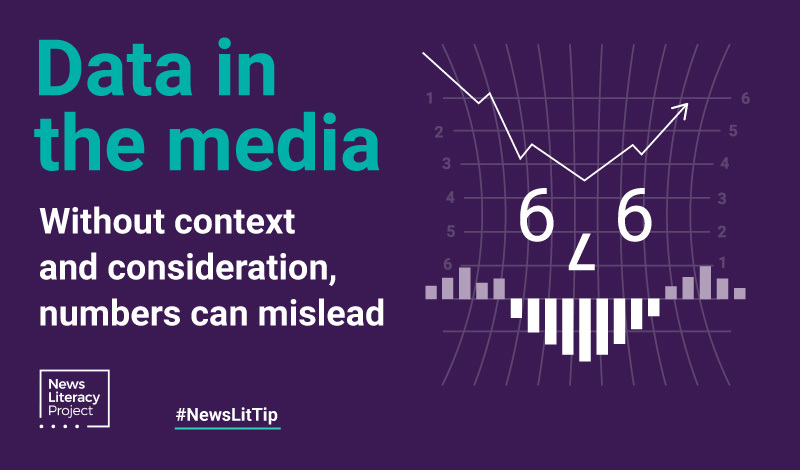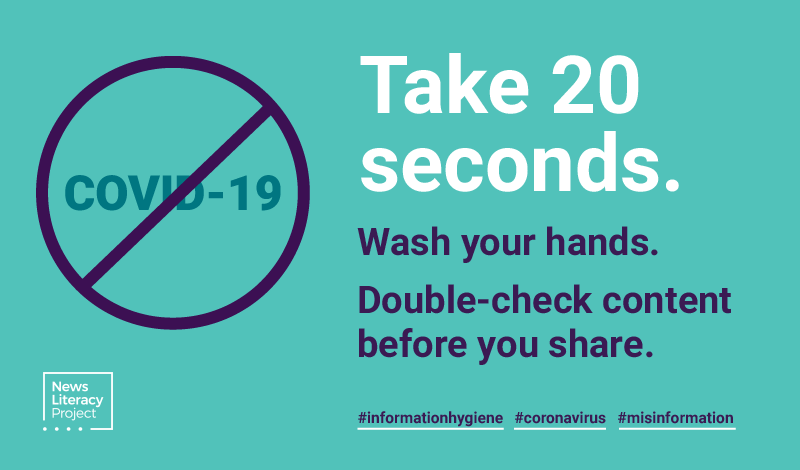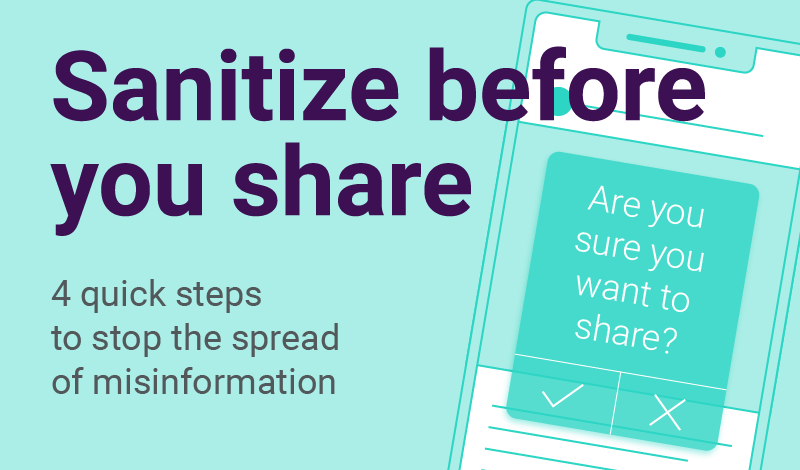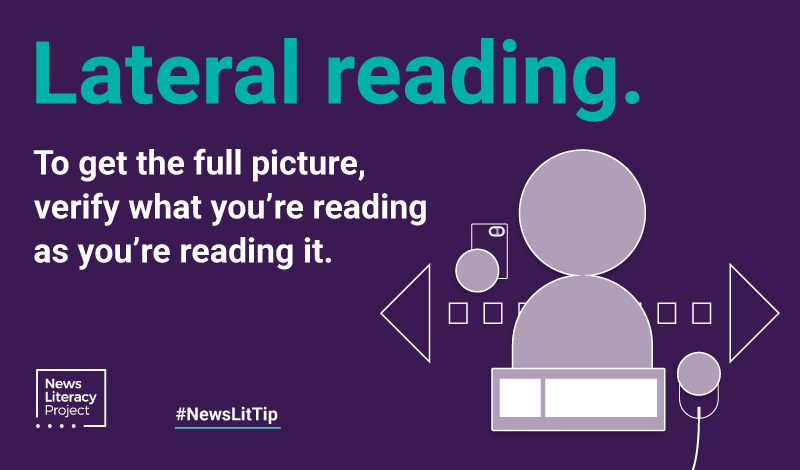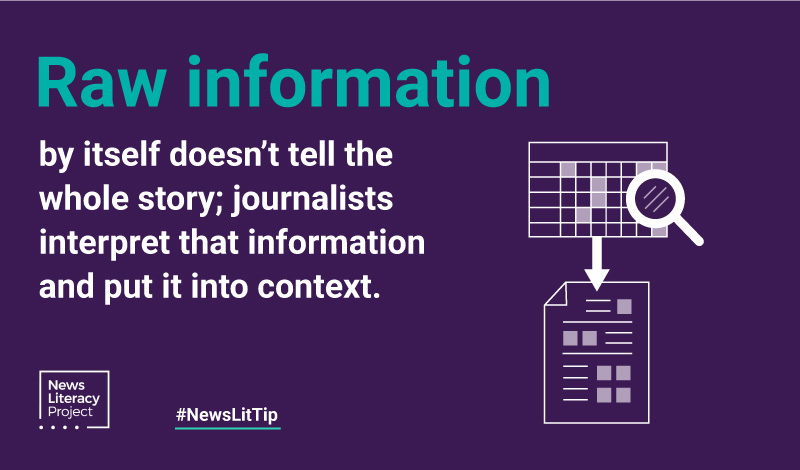
News Lit Tips
Honest praise or an ad? Influencers blur the line
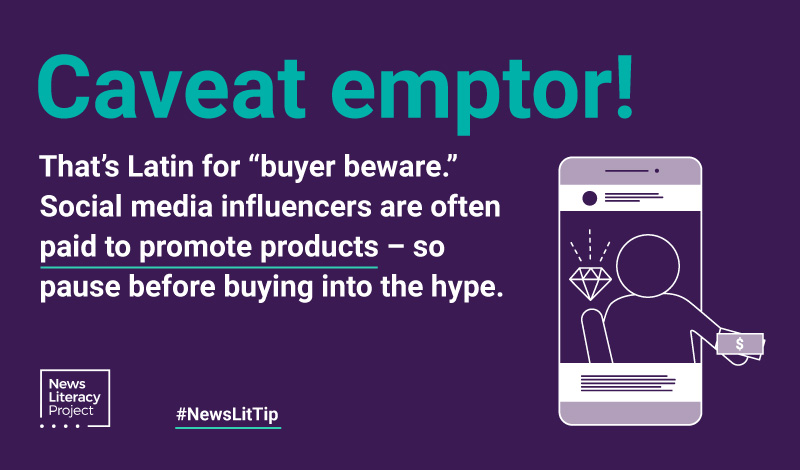
There’s big money to be made in the world of social media influencers, but at whose expense? If you’re unaware that someone you follow online is being paid to make certain products sound great, you could be the one paying the price.
The concept isn’t new — who hasn’t tried a new restaurant, clothing brand or service because a trusted friend likes or suggests it? — but “influencer” as a marketing term has evolved as companies no longer can rely on traditional sales tactics to stand out. Today, marketers promote their goods by turning to people with large online followings — not just A-list celebrities, but Instagrammers and YouTube stars as well.
And as businesses give more ad dollars to social media influencers, the guidelines to help consumers aren’t keeping up. As a November 2018 article in Wired said, “Many users don’t view influencers as paid endorsers or salespeople — even though a significant percentage are — but as trusted experts, friends, and ‘real’ people.”
That’s one reason the Federal Trade Commission expanded its rules designed to enforce the credo that credible news organizations have long lived by: Don’t deceive the audience.
According to the FTC guidelines, if someone is being rewarded to promote a product, viewers must be clearly informed — for example, many influencers disclose these financial ties by adding hashtags such as #ad or #sponsored. Sometimes online stars even spell it out in their own voice, following the FTC instructions that say: “A simple disclosure like ‘Company X gave me this product to try….’ will usually be effective.”
But not everyone comes clean with their followers about why they are praising a product. And in a twist that demonstrates the complexities of the world of influencers and money, some Instagrammers and YouTubers are even faking business relationships with companies to try to boost their reputation by showing that they have enough of a following to be seen as influential.
So that’s even more reason to wonder about motives when seeing plugs for products online. It comes down to the adage “caveat emptor” (“buyer beware”). Or maybe just don’t buy.
